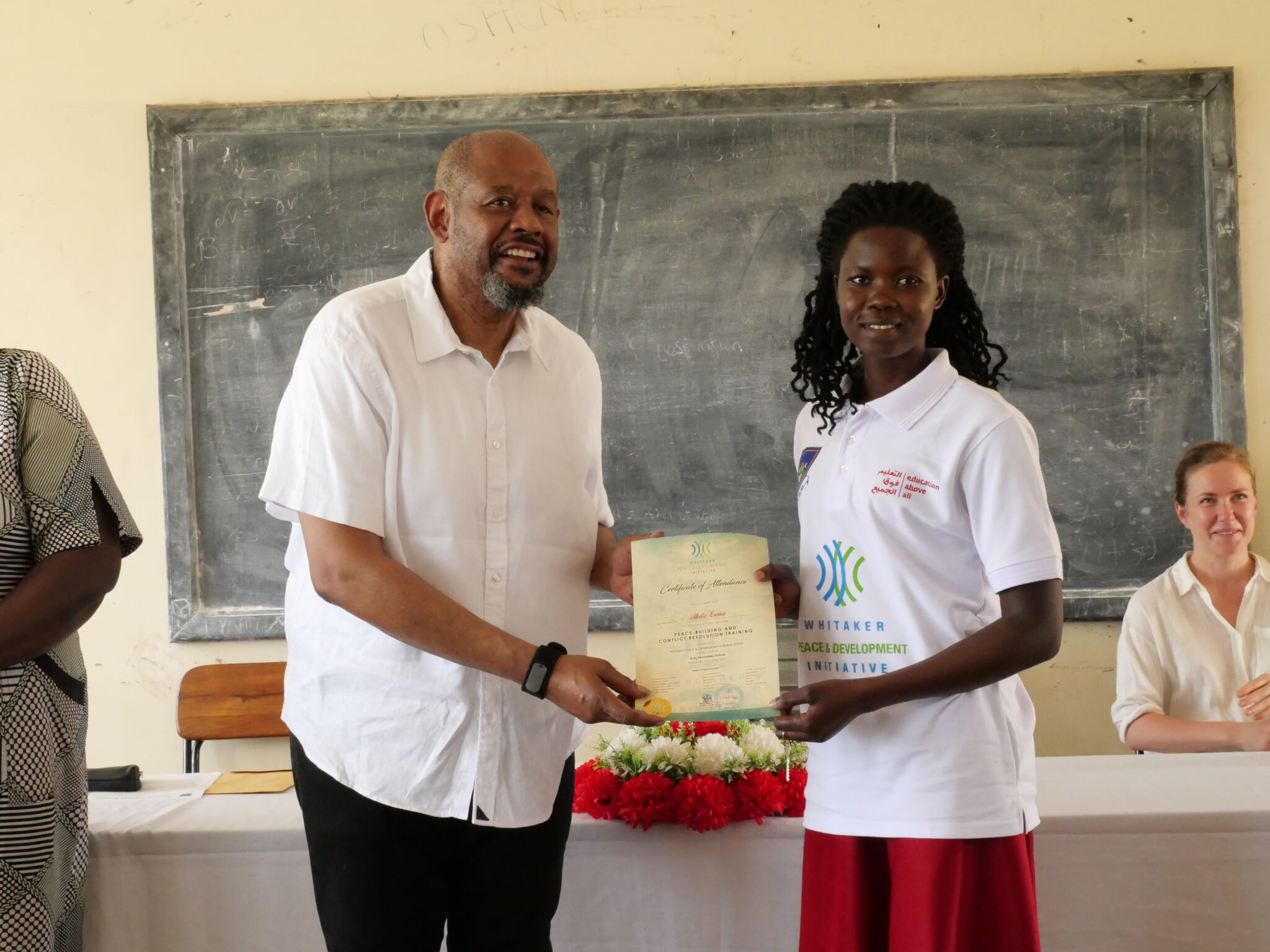A blog post by Forest Whitaker on International Day of Education – January 24th, 2024

As UNESCO Special Envoy for Peace and Reconciliation and United Nations SDG advocate, I see it as key to championing the right to education as a unique lever to achieve all the major goals of humanity. No global endeavor can be achieved without dedicated efforts at education to bridge generations and cement communities. As we celebrate the International Day of Education, it is paramount to stress the importance of learning for cultivating knowledge and skills conducive to better societies particularly in regions plagued by conflict and instability.
In such places, and more so than most, education stands as the cornerstone of progress and understanding, a beacon illuminating the path toward a more harmonious future and weaving threads of empathy, tolerance, and enlightenment. Nowhere is the transformative power of education more apparent.
We cannot ignore, in this regard, that Sub-Saharan Africa has the highest rates of education exclusion, according to UNESCO. Over one-fifth of children between the ages of about 6 and 11 are out of school, followed by one-third of youth between the ages of about 12 and 14. Almost 60% of youth between the ages of about 15 and 17 are not in school. Tackling the problem of decreasing attrition rates head on can yield unimaginable results with direct impact on the lives of children and youth and, equally, transformative changes for the community, be it local, national or global
My humanitarian work in Africa and other continents has reinforced my conviction that we cannot achieve lasting peace if we do not put all our efforts into educating children and youth directly in their learning environments. In Uganda, for example, I have seen how targeted educational initiatives focused on Peacebuilding, business or ICT, have encouraged marginalized young people to become proactive agents of change. I have also seen how children could gain confidence to become agents of peace in their classrooms, their schools and their communities at large. The power of education is unlimited, of that I am certain.
Education can be a formidable antidote to the venom of ignorance, presenting an alternative solution to the cycles of violence. In South Sudan, for example, a country that has, for decades, suffered from instability and violence, the youths refuse to see conflict and poverty as a fatality. They know that attitudes and behaviors can be changed for the better. That was the point of the training we had provided to them so they can become peacemakers and drivers of change. Education has enabled them to rise above circumstances, instilling in them not just knowledge and skills but also an indomitable confidence in the power of peace and their own capacity to foster it through concrete initiatives undertaken at the grassroots level.
Education, I believe, is our most potent tool for empowering individuals and communities, an enduring gift that can remain with them throughout their lives and that they can, in turn, bestow on others, reinforcing the social infrastructure on which sustainable development depends. The transformative impact of education and acquired skills is everlasting.
On this International Day of Education, let us recommit ourselves to fostering learning environments that truly benefit everyone. Together, let us champion the idea that ensuring the right to education for all is the stepping stone towards a world where the roots of peace run deep. Everyone can embark on this journey as we individually and collectively strive to pave the way for a brighter, more enlightened tomorrow through the transformative power of education.